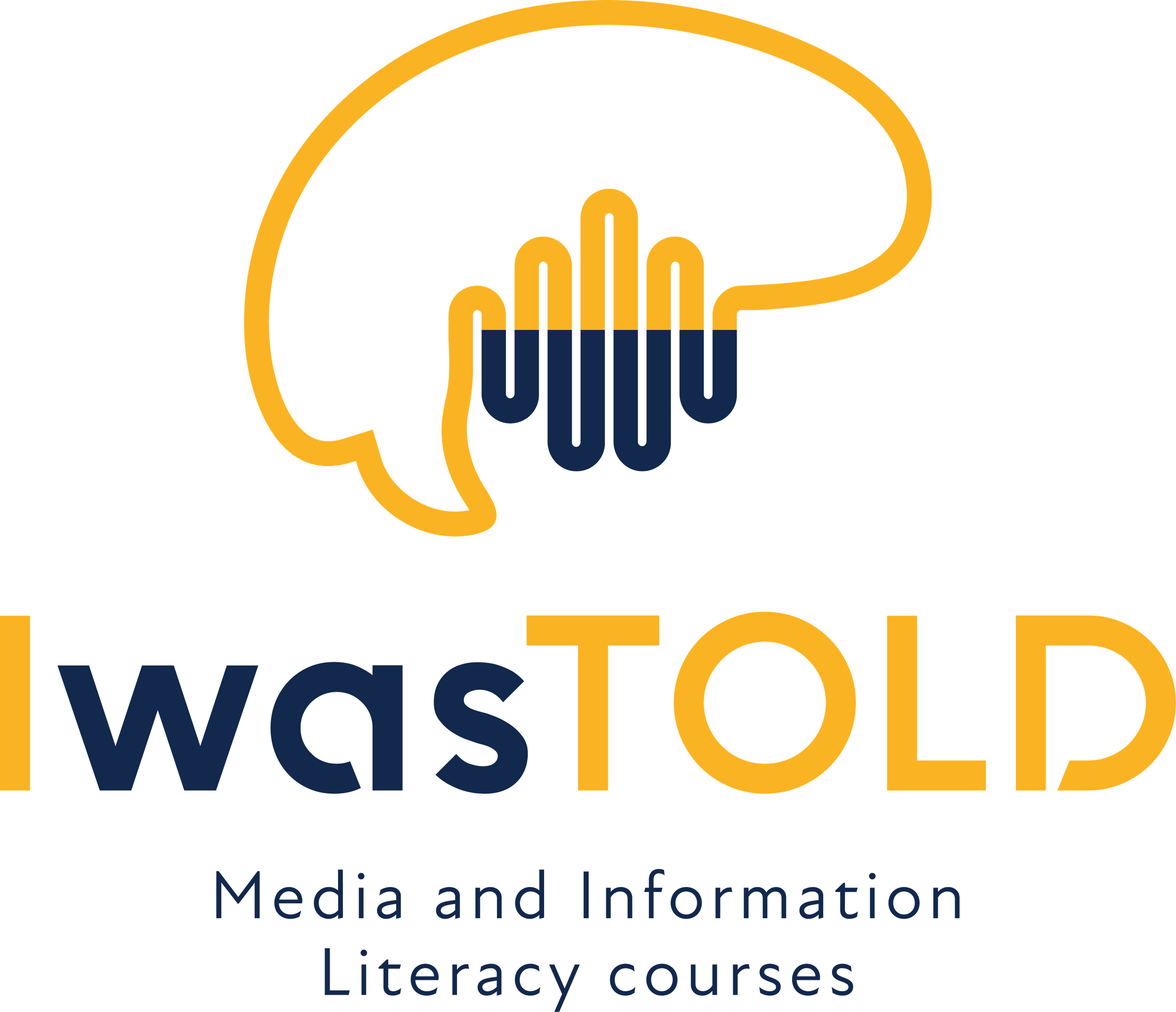6. DIGITAL CITIZENSHIP AND MEDIA
Participants2
The time has changed dramatically over the last two decades and the development of information and communication skills has fundamentally changed the character of the whole society. People, but especially young people, spend almost most of the day connected to the Internet, whether via cell phone or computer. Online space has become an integral part of the day and people use it not only to communicate with friends, but also for education, relaxation etc. The number of digital tools and websites is growing every day and we have been facing a big challenge – to use ICT effectively – not only for entertainment, but also for finding and sharing information, engaging for a good matter and at the same time respect the legal and ethical principles. Thus, with ITC, the individual as well as the whole society gradually changed. The digital age is thus slowly creating digital citizens living in a digital society. So, who can be considered a digital citizen by definition? Certainly not every member of society, but only those who use the Internet on a regular basis and most importantly – effectively.
Presentation
Short exercise: Online educative campaign
Depending on whether you are a journalist or a youth worker, try to design an online educational campaign that would reach as many people as possible and promote the need to acquire digital skills within the nine elements of digital citizenship that every digital citizen should have. You can target your campaign to only one or a few selected skills. Choose your target group and come up with a form, strategy and choose the resources needed for a successful campaign of this kind. Of course, take into account your real possibilities due to the nature of your profession.
